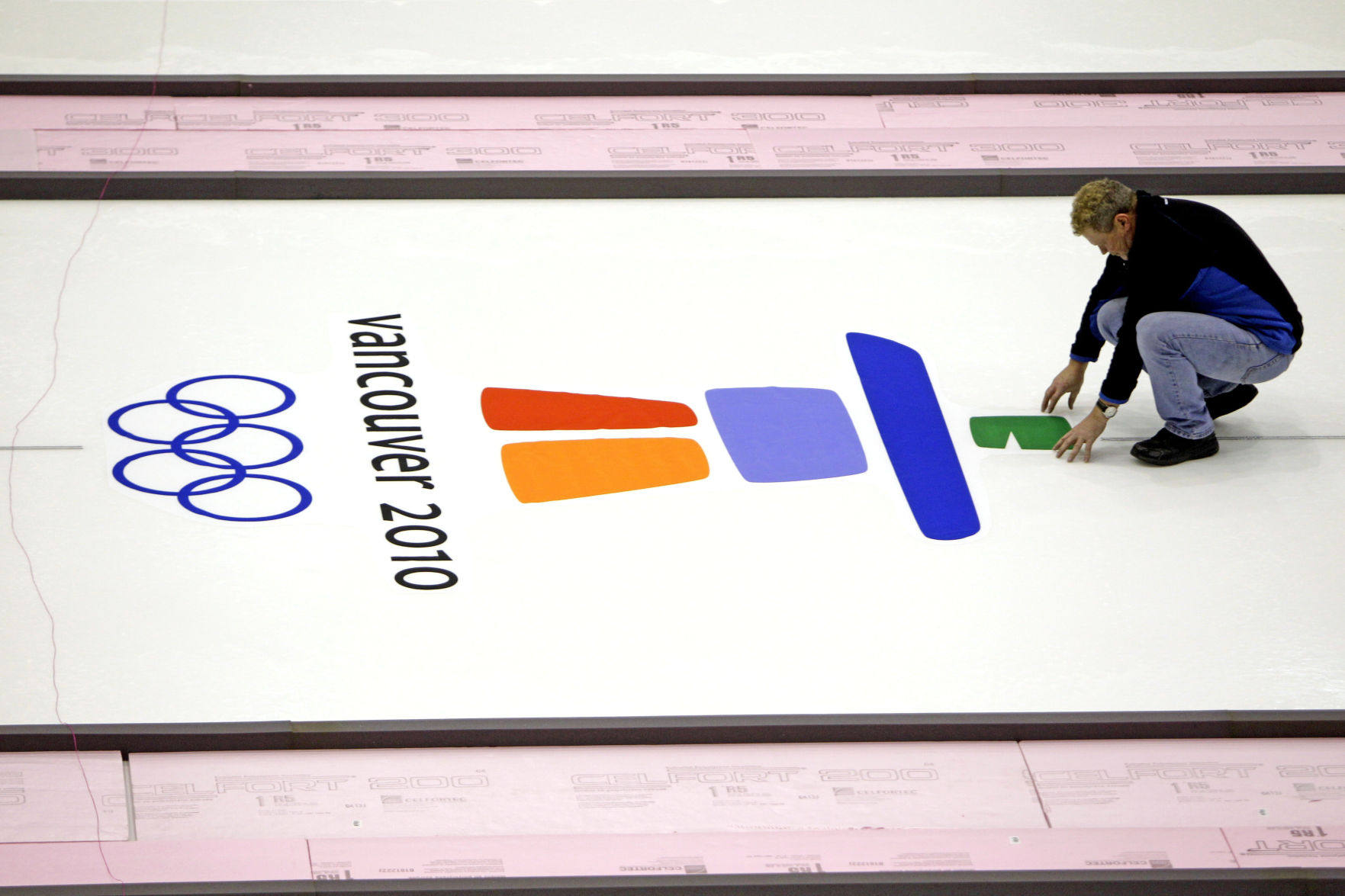LAUSANNE, Switzerland (AP) — One athlete tested positive for doping in reanalysis of 1,195 samples from the 2010 Vancouver Olympics, the IOC said Monday. Three positive tests in total all came from the same athlete, who was not identified by
LAUSANNE, Switzerland (AP) — One athlete tested positive for doping in reanalysis of 1,195 samples from the 2010 Vancouver Olympics, the IOC said Monday.
Three positive tests in total all came from the same athlete, who was not identified by the International Olympic Committee.
Steroid use was found among dozens of athletes in retesting of samples from the 2008 Beijing Olympics and 2012 London Olympics, which were staged before and after the Vancouver Games. The IOC has stripped more than 50 medals.
The IOC said its Vancouver reanalysis program “followed an intelligence-gathering and risk-assessment process,” working with the World Anti-Doping Agency and sports governing bodies.
Similar tactics have been used to target tests on “high risk sports and nationalities” ahead of the 2018 Pyeongchang Olympics in February.
The Vancouver retesting program saw testing of 70 percent of urine samples which were stored since 2010, awaiting improved laboratory tests. Targeted tests included “samples from all medalists and all Russian athletes,” the IOC said.
Russia finished 11th in the medals table, with three gold among 15 medals in total.
WADA investigators have cited Russia’s poor performance in Vancouver as a motive for a doping program at the 2014 Sochi Olympics. Russia topped the medals table at its home Winter Games, though could soon lose that honor.
An IOC panel is investigating individual cases of suspected Russian doping in Sochi. It could announce its first verdicts next month.
The IOC has now closed the Vancouver reanalysis program ahead of an eight-year statute of limitations expiring in February.
More than 100 doping cases, most involving track and field athletes and weightlifters from former Soviet Union republics, were proven in retesting of Beijing and London samples.



